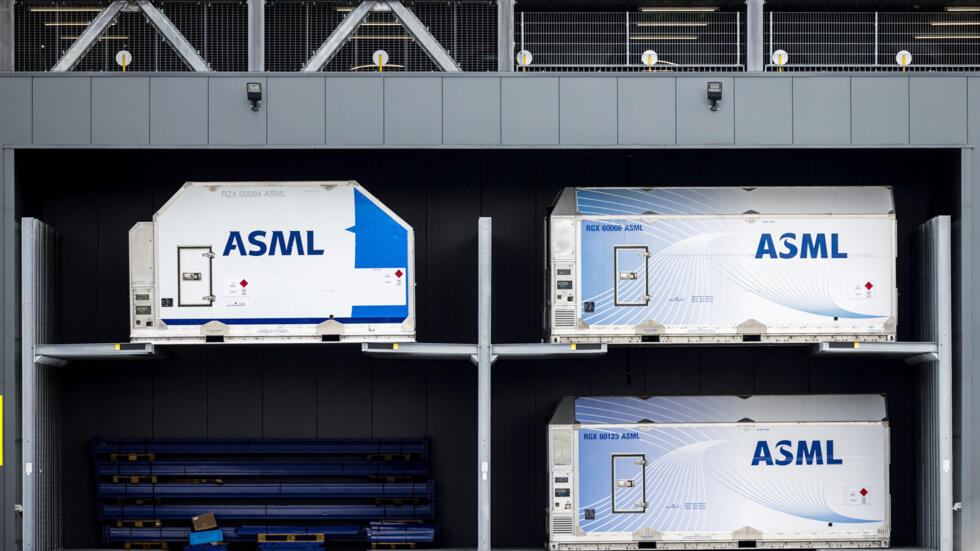
-advertisement-
In late August, IC &PCB Union reports emerged that the Netherlands was considering restricting ASML, its leading semiconductor equipment manufacturer, from providing maintenance and backup components in China. Last Friday, the Dutch government officially announced expanded export restrictions on advanced semiconductor manufacturing equipment, according to CNBC. The new rules cover two of ASML’s DUV immersion lithography systems.

Effective September 7th, ASML will now need to apply for export licenses from the Dutch government for certain machines, rather than from U.S. authorities. The Dutch government framed these controls as critical for national security, aiming to assert more independence in its trade policies, as reported by Bloomberg.
ASML confirmed that the TWINSCAN NXT:1970i and 1980i DUV immersion lithography systems will now require Dutch government approval for export. The license requirement already applied to ASML’s more advanced TWINSCAN NXT:2000i and subsequent DUV immersion systems.
Despite China accounting for 49% of ASML’s lithography unit sales in Q2 2024—surpassing South Korea's 28% and Taiwan's 11%—the company downplayed the impact of the new rule, calling it a “technical change” that will not affect its 2024 financial outlook or long-term plans.
The Dutch government’s decision is notably less stringent than earlier rumors, which suggested a potential ban on ASML providing maintenance and components to China. Such a move would have severely impacted China's semiconductor industry, particularly in advancing chip production technologies.
In response, China expressed its dissatisfaction with the expanded controls, urging the Dutch government to avoid actions that could harm Sino-Dutch semiconductor cooperation. The Chinese commerce ministry also called on the Netherlands not to misuse export controls, emphasizing the shared interests of Chinese and Dutch enterprises, according to Reuters.
Beijing has repeatedly criticized the U.S. for pressuring allies, including the Netherlands and Japan, to restrict China’s access to advanced chips and chipmaking equipment.
Editor:Lulu
▼▼▼
SK Hynix to convert DRAM line for HBM3E due to high demand
Tower Semiconductor, Adani link for $10B chip project
Exclusive: Qualcomm has explored buying pieces of Intel chip design business
TSMC and Samsung partner to develop next-generation HBM4 for AI chip advancements
VIS and NXP announce establishment of VSMC joint venture
Q2 2024 global semiconductor billings increased: SEMI report
+86 191 9627 2716
+86 181 7379 0595
8:30 a.m. to 5:30 p.m., Monday to Friday
